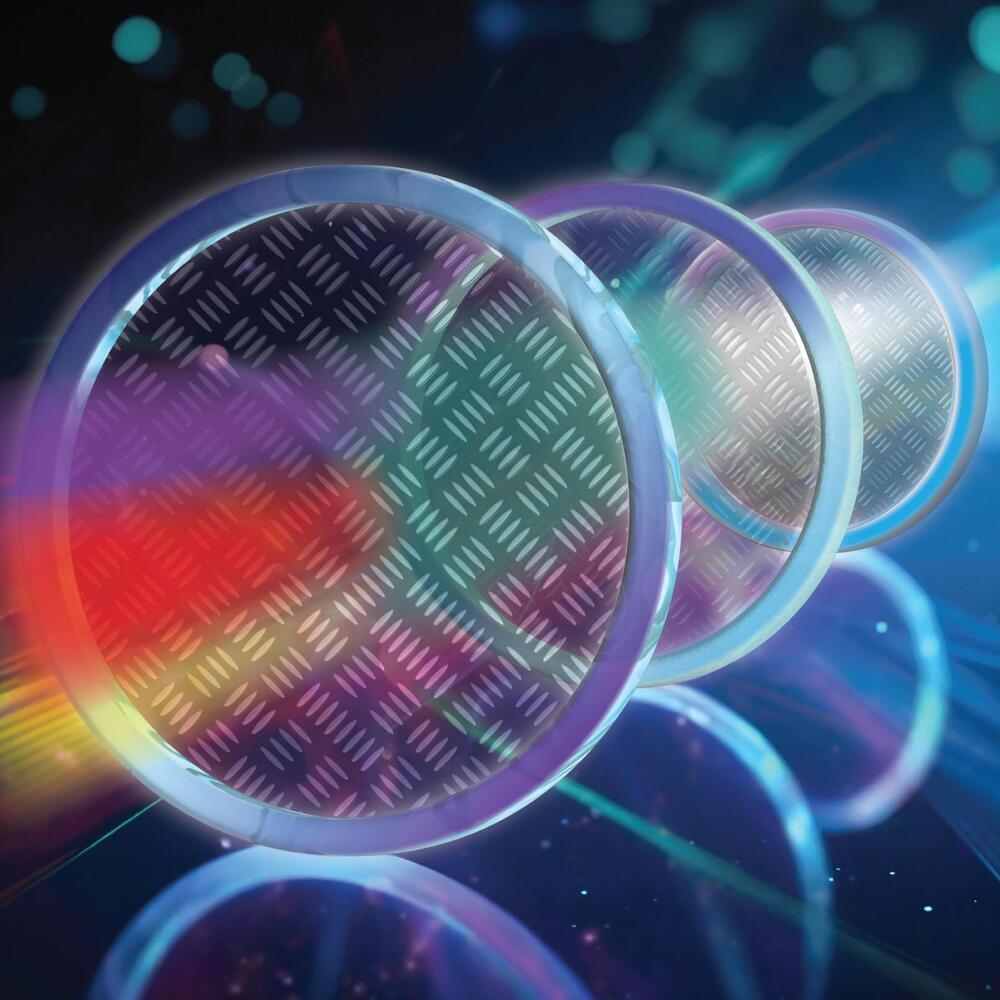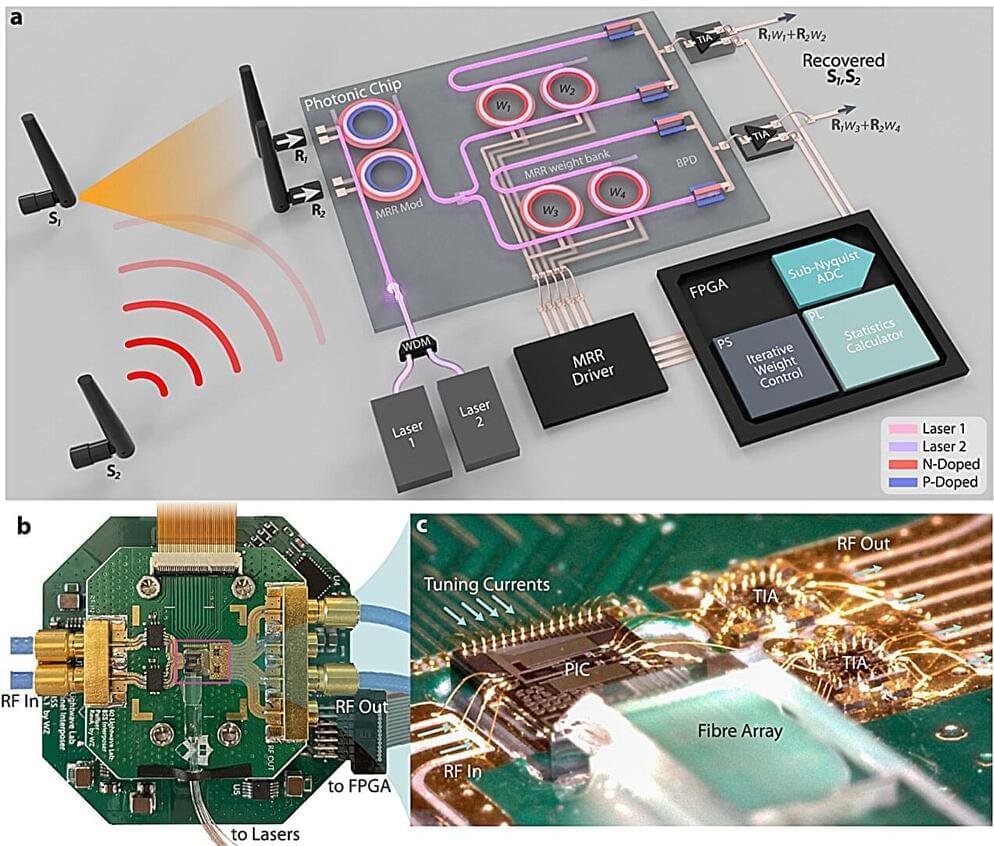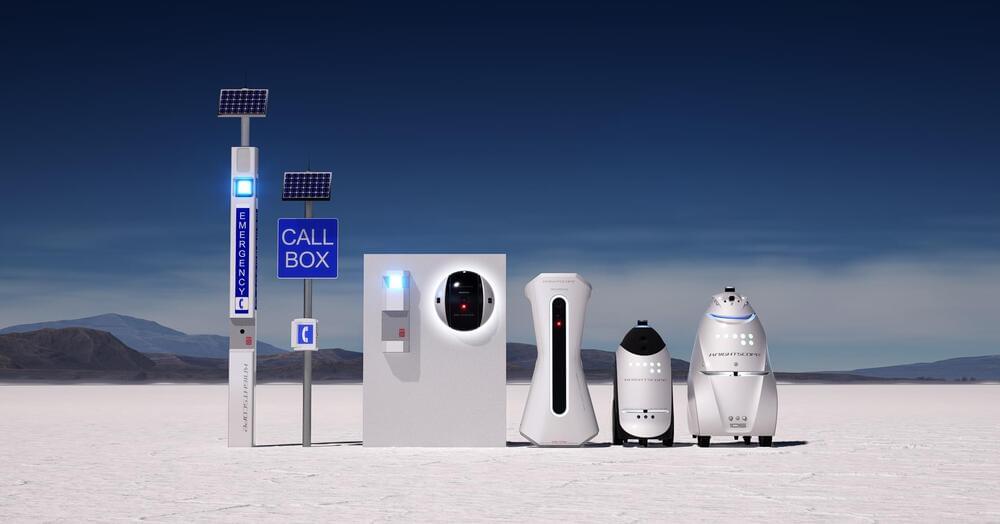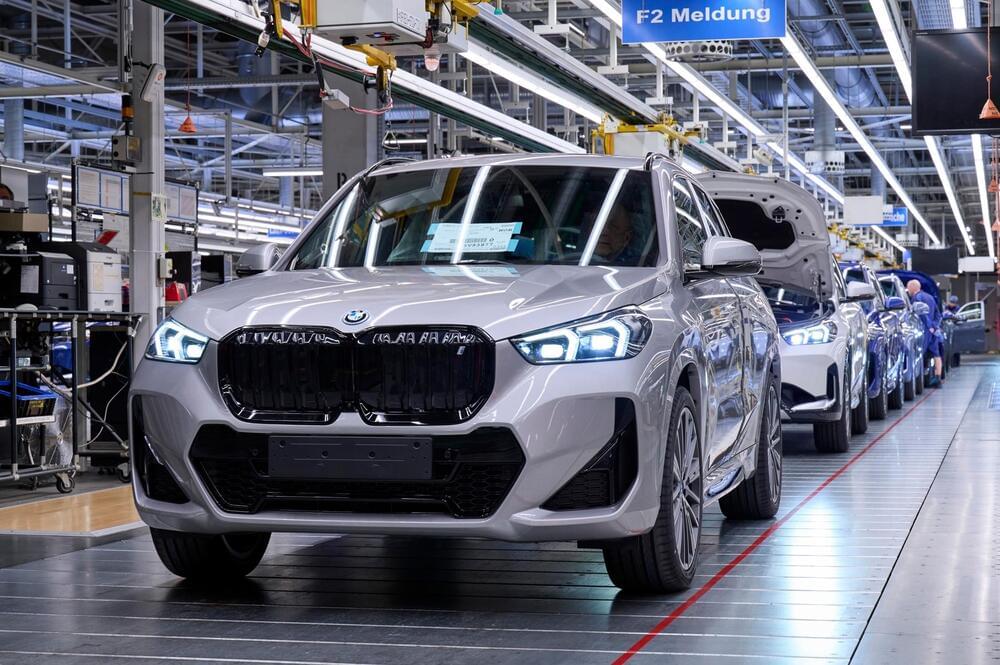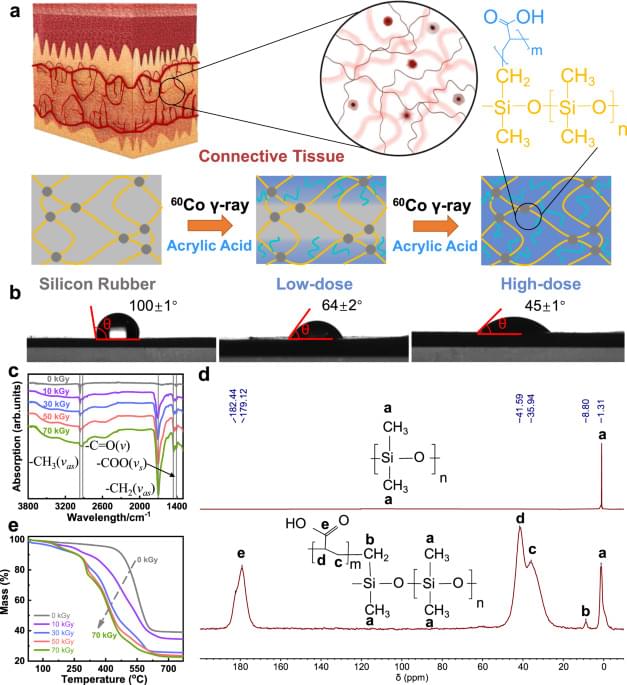Researchers have created a novel technology utilizing meta-optical devices for thermal imaging. This method offers more detailed information about the objects being imaged, potentially expanding thermal imaging applications in autonomous navigation, security, thermography, medical imaging, and remote sensing.
“Our method overcomes the challenges of traditional spectral thermal imagers, which are often bulky and delicate due to their reliance on large filter wheels or interferometers,” said research team leader Zubin Jacob from Purdue University. “We combined meta-optical devices and cutting-edge computational imaging algorithms to create a system that is both compact and robust while also having a large field of view.”
In Optica, Optica Publishing Group’s journal for high-impact research, the authors describe their new spectro-polarimetric decomposition system, which uses a stack of spinning metasurfaces to break down thermal light into its spectral and polarimetric components. This allows the imaging system to capture the spectral and polarization details of thermal radiation in addition to the intensity information that is acquired with traditional thermal imaging.
